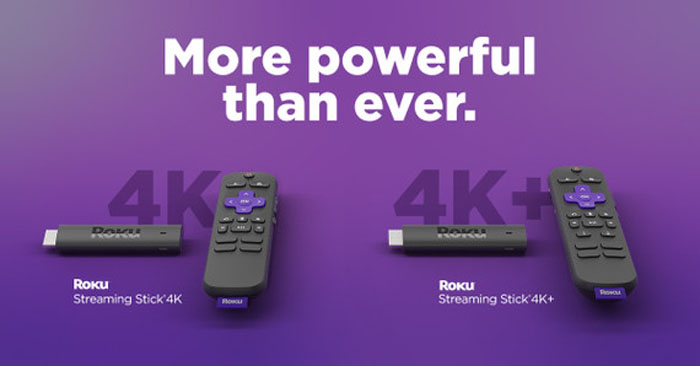By Nihal Krishan, Technology Reporter
New evidence emerged Friday that Google tried to force TV streaming platform Roku into giving the media giant preferential treatment for its YouTube apps in order to remain in business together.
The fight between the two tech companies escalated into a large public feud Thursday, with key members of Congress weighing in to offer their opinions and solutions to the confrontation.
Google said Thursday that it would remove its subsidiary YouTube’s apps from Roku due to “baseless” claims made against it, saying it never asked for preferential treatment, but emails obtained by CNBC from 2019 show the tech giant did try to squeeze Roku into giving it a special deal to promote YouTube within Roku’s search results.
A Google executive sent an email to Roku in 2019 saying the following: “YouTube Position: A dedicated shelf for YT search results is a must.” A YouTube spokesperson declined to comment on the email to CNBC , but said that business affiliates such as Roku can rank search results for YouTube content “as they wish.”
For months, Roku and YouTube’s parent company, Google, have been fighting about a 2019 agreement between the two companies that allowed YouTube’s TV app to exist on Roku in exchange for prioritized search results for YouTube content on the platform.
The agreement has broken down in the past few months due to disagreements over customers’ search data, and if a new deal is not struck before Dec. 9, YouTube’s apps will no longer be featured on Roku’s app store for consumers to use.
Google and Roku compete with each other in the marketplace for devices that stream video and also digital ads. Roku’s streaming devices edge out Google’s Chromecast product in popularity, but Google is a dominant player when it comes to online ad spending.
The fight between the two tech companies reached the hallways of Congress on Thursday, with anti-Big Tech leaders such as Democratic Sen. Amy Klobuchar of Minnesota and Democratic Rep. David Cicilline of Rhode Island weighing in to side with Roku in the brawl.
Members of Congress have increasingly accused Big Tech companies of monopolistic behavior toward their smaller rivals, complaints that led to the introduction of bipartisan antitrust legislation .
“This is the exact type of shakedown that my bill, the American Innovation and Choice Online Act, would stop,” Cicilline said in a tweet. “We cannot allow Big Tech to continue to throw its weight around, bully other businesses, and harm consumers. This must end.”
Cicilline’s bill, which has a companion bill in the Senate introduced by Klobuchar, would provide a big boost to tech critics and anti-monopolists by creating rules for Big Tech platforms, such as Facebook, Google, Amazon, and Apple, ensuring they cannot unfairly give preference to their own products and services.
The legislation is focused on establishing new rules to stop anti-competitive behavior among dominant online platforms, giving antitrust enforcers such as the Federal Trade Commission and the Justice Department new powers to regulate the companies, and preventing self-preferencing behavior by the tech giants.
“Roku’s claim that Google requires the company to preference YouTube content over that of other providers in Roku’s search results highlights why we need new laws to prevent dominant digital platforms from abusing their power as gatekeepers,” Klobuchar said in a statement.






